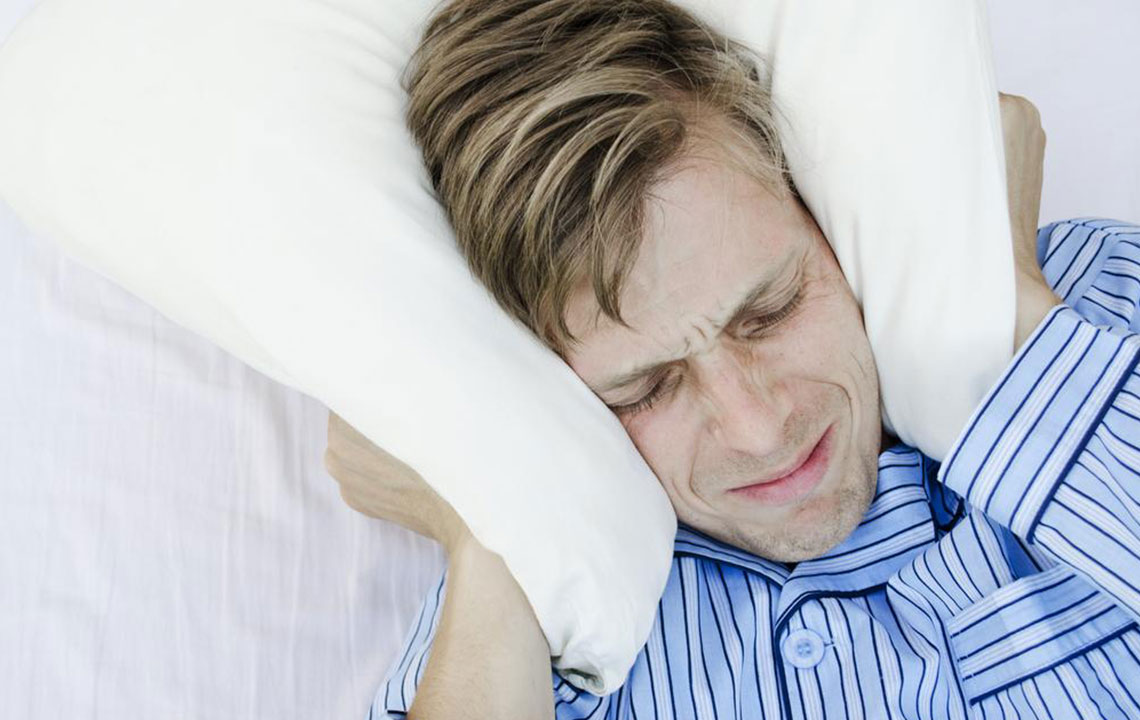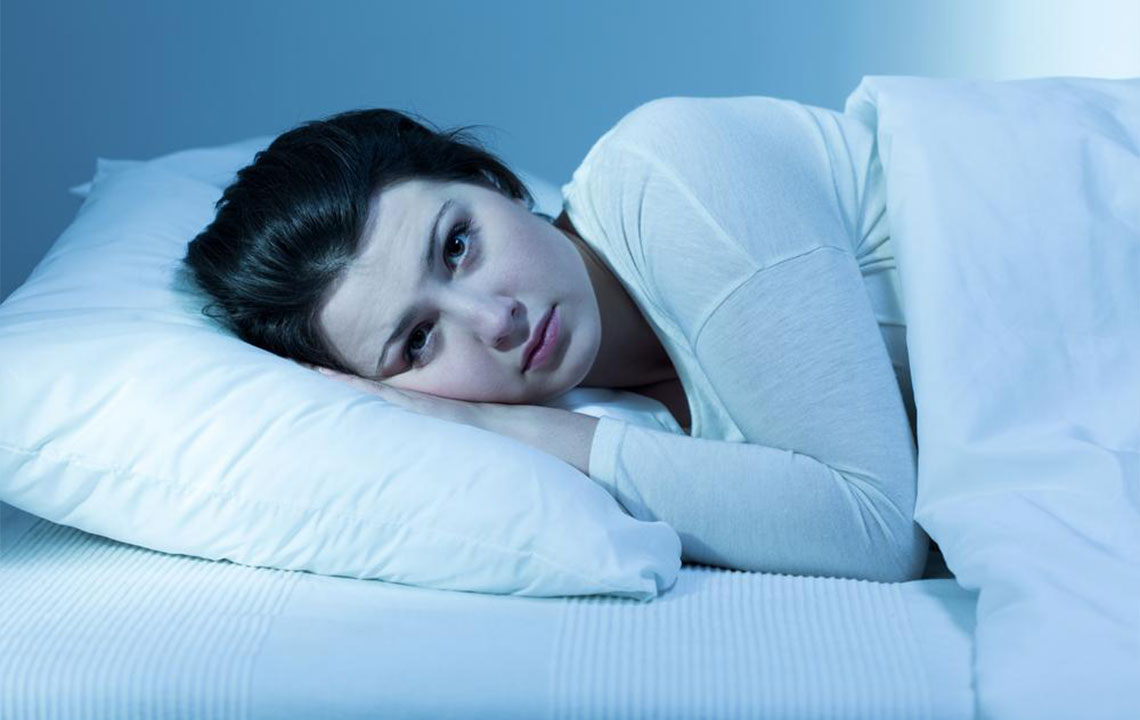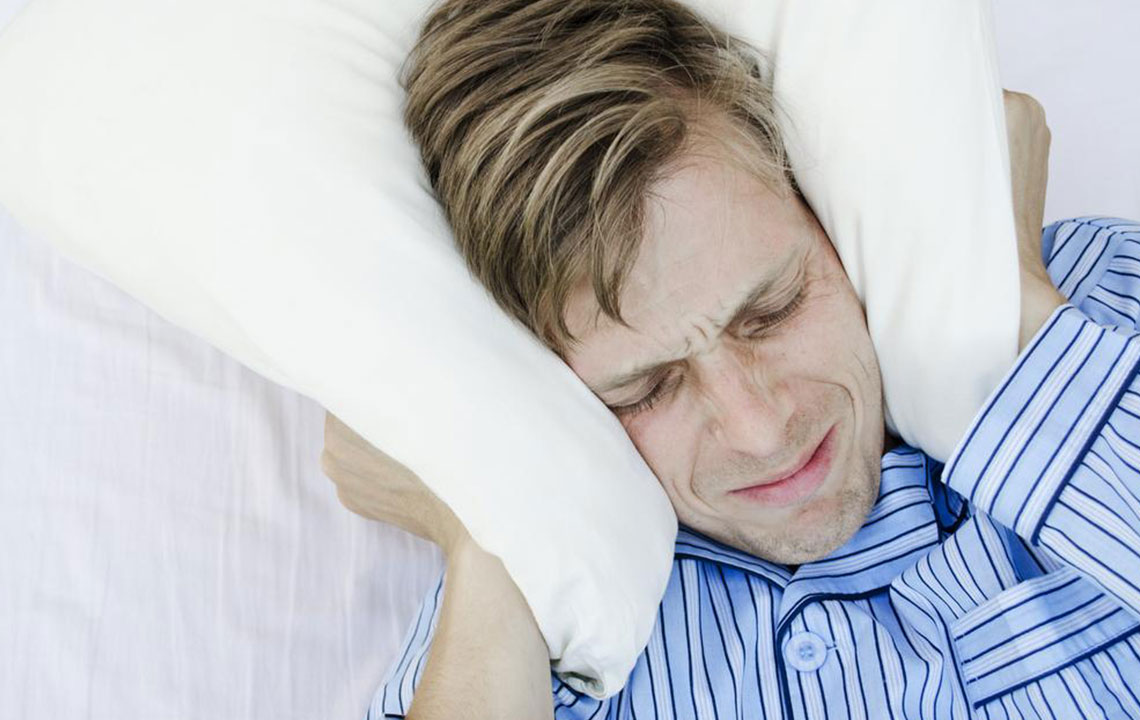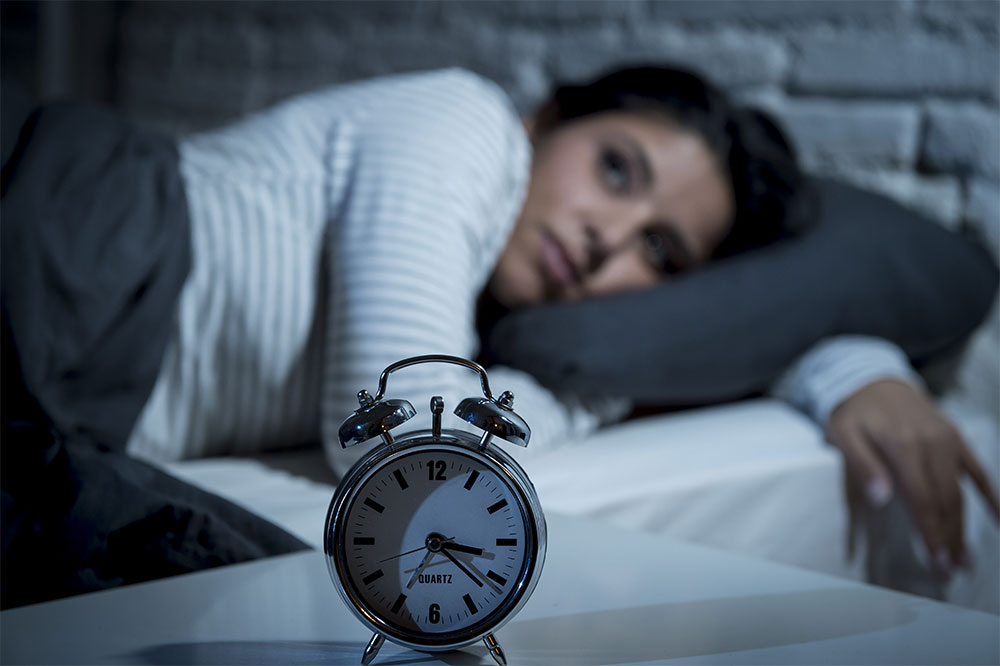Understanding Common Sleep Disorders and Effective Remedies
Discover the most common sleep disorders, including insomnia, sleep apnea, parasomnias, restless leg syndrome, and narcolepsy. Learn effective treatment options ranging from lifestyle changes to medical interventions to improve sleep quality and overall well-being.
Sponsored
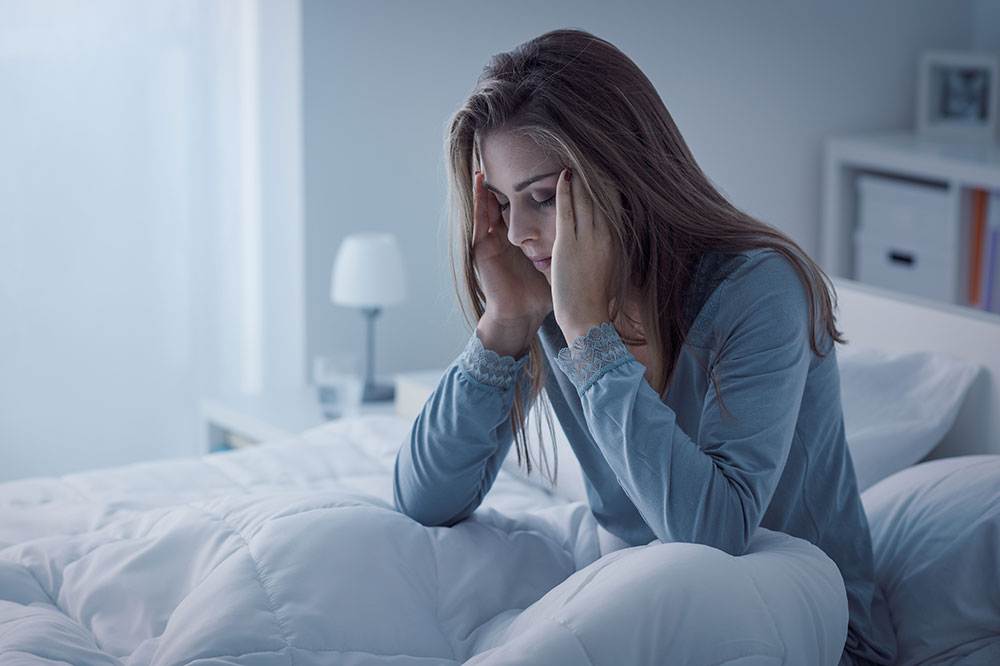
Getting enough restorative sleep is essential for both mental clarity and physical health. However, many individuals suffer from various sleep disturbances that hinder quality rest, leading to daytime fatigue, diminished focus, and even mood disorders like depression. This article explores some of the most prevalent sleep disorders and discusses how they can be managed effectively.
Types of Sleep Disorders
Below are five common sleep issues:
Insomnia
Insomnia affects many adults and is marked by difficulty falling asleep or staying asleep. Causes include stress, anxiety, digestive problems, or other health concerns. Duration varies from occasional sleepless nights to chronic insomnia spanning years.
Sleep Apnea
This serious condition involves repeated breathing interruptions during sleep, resulting in decreased oxygen levels and fragmented sleep. People may wake multiple times during the night to breathe normally again.
Parasomnias
Individuals with parasomnia exhibit unusual behaviors during sleep, like sleepwalking, talking, nightmares, teeth grinding, or bedwetting. Often, these episodes are linked to other sleep disorders such as sleep apnea, and treating the root cause can prevent them.
Restless Leg Syndrome
This disorder causes an uncontrollable urge to move the legs, often accompanied by sensations like tingling or burning. Its origins are not fully understood, but it may be associated with conditions such as ADHD or Parkinson's disease.
Narcolepsy
Those with narcolepsy experience sudden, overwhelming sleepiness during the day, sometimes falling asleep unexpectedly. It can also cause sleep paralysis, where waking movements are difficult. Neurological factors are believed to contribute to this condition.
Managing Sleep Disorders
Depending on the diagnosis, treatments range from medication to lifestyle modifications. Here are some strategies:
Lifestyle Changes
Maintain a consistent sleep schedule
Avoid daytime naps
Limit caffeine, nicotine, and alcohol intake in the evening
Reduce fluid intake before bed
Opt for lighter evening meals
Eat more vegetables and fish
Engage in regular exercise to reduce stress
Medical Interventions
Medical treatments may include:
Sleep aids or medications
Treatment for allergies or colds
Addressing underlying health conditions
Use of breathing devices or surgery for sleep apnea
Melatonin supplements

